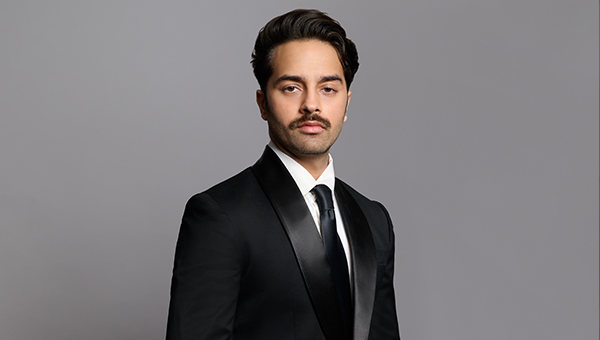Experiential Learning: How Nirvaan Birla Is Redefining the Future of Indian Education

Nirvaan Birla, Managing Director of Birla Open Minds, believes the future of learning lies beyond textbooks. He envisions classrooms that feel like laboratories of life—where students build, explore, and question rather than memorize. This vision is at the heart of experiential learning, an approach now shaping the next chapter of India’s education system.
Instead of relying on rote memorization, experiential learning encourages students to engage actively with their subjects—designing cities to understand urban planning, planting gardens to study biology, or managing mock businesses to grasp economics. The core idea: learn by doing, reflecting, and connecting knowledge with experience.
According to Nirvaan Birla, education must evolve with a world that rewards adaptability, critical thinking, and creativity. For too long, Indian classrooms focused on content and recall. But real learning happens when knowledge is applied in context—when lessons feel alive and relevant beyond exam halls.
Globally, countries like Finland and Singapore have already embraced this shift. India is catching up fast, with the National Education Policy (NEP) 2020 and CBSE’s competency-based framework promoting inquiry-driven projects, design thinking, and collaboration. These innovations are paving the way for a more engaging, purpose-driven learning environment.
At its core, experiential learning follows a powerful cycle—experience, reflect, conceptualize, and experiment. A student exploring nutrition, for example, might read about nutrients, decode food labels, test healthy recipes, and create a nutrition plan. This loop turns abstract ideas into lived understanding.
Birla highlights that this approach builds not just learners, but thinkers and problem-solvers. When students are encouraged to question, collaborate, and create, they develop emotional intelligence and real-world readiness—skills that define success in the 21st century.
However, this educational revolution demands more than curriculum reform—it requires a complete mindset shift. Teachers must transform into mentors of curiosity, schools must focus on mastery over marks, and parents must value curiosity as much as grades.
As Nirvaan Birla puts it, experiential learning makes education come alive—more joyful, human, and relevant. India now stands at the threshold of an education renaissance where learning means doing, knowing means understanding, and success means growth.
Because the future, as Birla reminds us, will belong to those who can think, create, and experience their way forward.

























